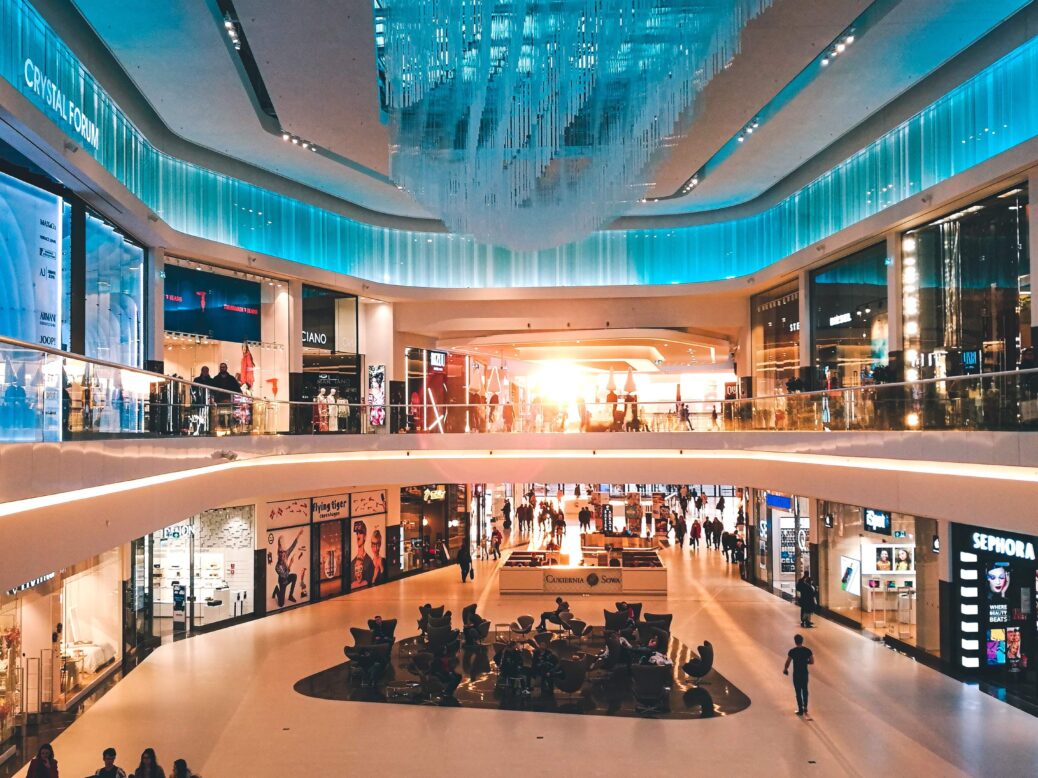
Coronavirus will fundamentally change the way we work, eat, exercise and shop, says Lucia van der Post
If there is one thing the coronavirus pandemic has taught us, it is how quickly the sand can shift under our feet. Old certainties have vanished. Quite apart from the tragic toll of human life, there’s been the loss of security in much of the private job sector and a reassessment of what makes for quality of life.
To be fair, some of those self-same certain-ties were beginning to disappear before the pandemic took hold. Take work. The notion of the office as an essential edifice for a company’s success was being challenged long be-fore the pandemic set in. Companies such as Value Retail (which owns Bicester Village and 11 other high-end luxury outlets over Europe and China) had long given most of their employees laptops and mobile phones but no office desk. The pandemic has shown thou-sands that it is perfectly possible for swathes of the workforce to operate from home.
The knock-on effect is huge. Quite apart from the loss of the social benefits (all those office romances, networking possibilities, chances to exchanges ideas), large numbers of businesses are having to rethink their own strategy. Pret-a-Manger, for instance, relies hugely on commuters and has seen a huge loss of income. Many a restaurant has adapted to offering a takeaway service, and the boom in home delivery food has been huge. Sites such Hello Fresh (which sells kits of food plus recipes) have been so overwhelmed that they have had to turn down new customers. Much of this new learned behaviour is predicted to survive long after the pandemic is over.
It’s not just food outlets that are affected. Gyms in city centres that rely on office workers are having to offer more online classes and will have to find imaginative ways of using their spaces. More people are learning to do manicures and pedicures at home. For salons near office centres, it is likely to be a massive blow.
Fashion was already changing fast – ever more shopping was being done online, but now it’s not merely the way people shop but also what they shop for that is changing. ‘Ath-leisure’ wear is taking up a much greater share of the market; today there isn’t a shoe brand that can survive without trainers, and even the grandest names (Chanel, Dior Prada) have several designs in their ranges.
As more people take to cycling, bicycle sales and repair shops booming and enterprising companies are coming up with clothes adapted to the trend. For instance, Stitch Fix offers a bespoke bike-to-boardroom wardrobe delivered to the door, with ‘pedal-friendly’ garments that won’t catch in the chains.
Sales of casual and loungewear are rising, while office workwear has slumped. ‘Will any-body ever want anything smart again?’ wailed one small boutique owner whose speciality is chic little suits for ladies who lunch or need to keep up appearances in their professional lives.
The secondhand market for clothing is growing rapidly: Selfridges is looking at a partnership with Vestiaire Collective, which sells only used or vintage items. The restore and repurpose market is also on the rise: the Restory in London will repair and renovate shoes and handbags, and is linking up with Harvey Nichols and Selfridges. Alteration services are sprouting like mushrooms.
Ikea is looking at renting out furniture, while secondhand furniture sites are booming, as are sales of jewellery online – in particular vintage jewellery. Shops are making it easier for customers to take clothes home and try them on there, and they are offering longer return dates. Others are testing renting out clothes instead of selling. Online retailers know they, too, have to up the luxe factor to continue to grow. More and more are offering personal consultations online, the chance to chat, discuss sizes and get styling advice.
But, above all, to survive most companies are going to have to do some deep thinking. We now realise the old pattern of endless growth is unsustainable and has stretched the earth’s resources to their limits. Millennials and Gen Z are concerned about the planet and are prepared to constrain their own lifestyles for the greater good. Some go as far as to consider that having children does the planet harm. Companies that don’t build into their strategies serious and transparent sustainable and ethical considerations will find they have no market. The coronavirus has caused a major rethink of what it is that matters in life.
Many people have found they need far fewer clothes, far fewer material possessions. It is friendships, family, meaningful experiences, a sense of contributing to the community that makes them feel good. The circular, sustainable economy is where the future lies. But while there are clearly going to be some dire casualties, the good news is that even now, many a young entrepreneur is engaging with this new, changed world and is busy coming up with solutions.
This piece first appears in issue 75 of Spear’s magazine, out now. Click here to buy the latest issue and subscribe
Read more:
Family law comment: How coronavirus might affect divorce settlements
What might society look like after coronavirus?
‘If you ask the price, you can’t afford it’ – Waldorf Astoria’s new Maldives retreat reviewed






